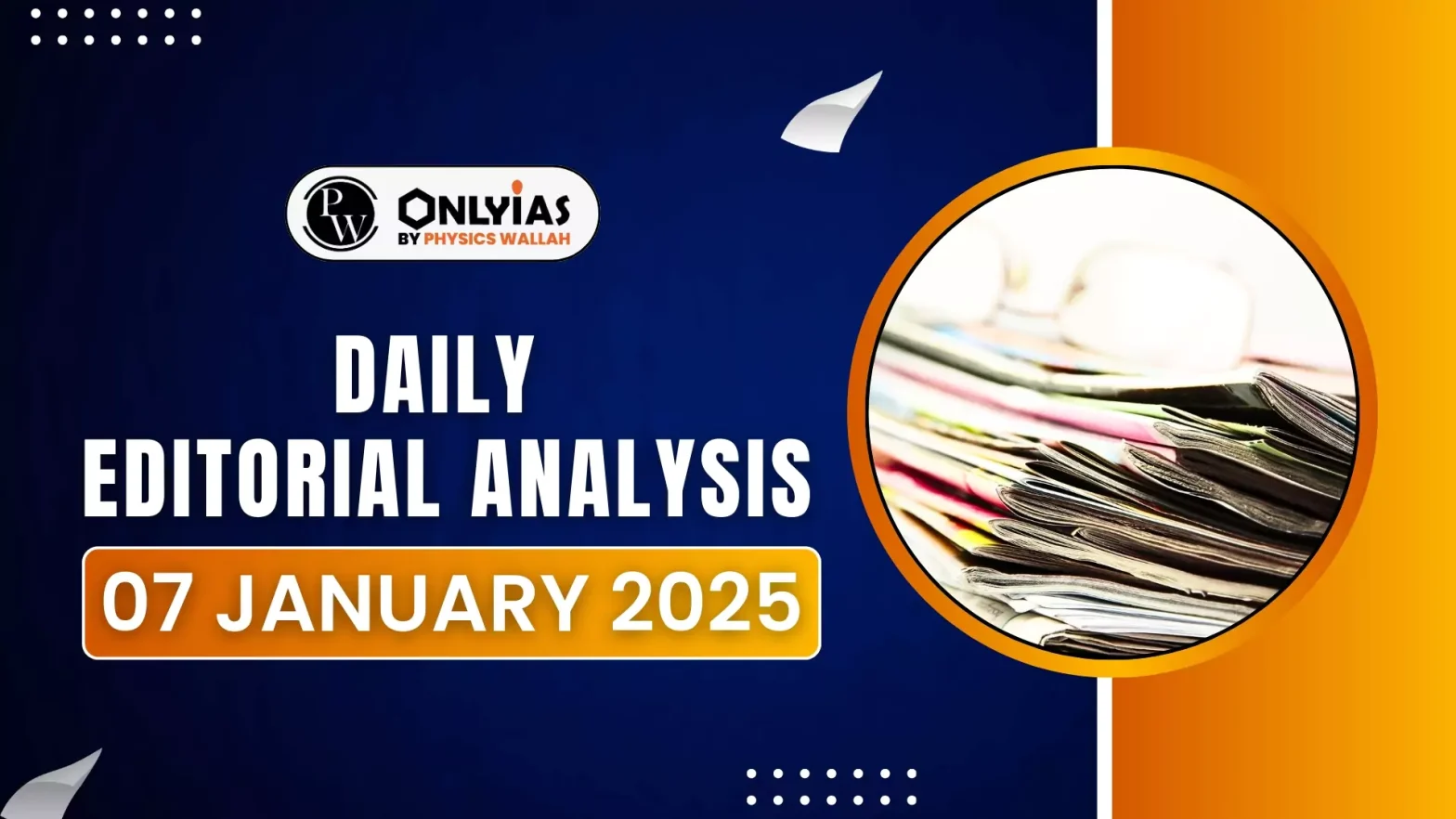Recent reports suggest that the Supreme Court of India’s Collegium is considering notable changes in its judicial appointment process.
Background
- Expected Change 1: According to unnamed sources, the Collegium will now conduct interviews of candidates who are recommended for elevation to the High Courts.
- Expected Change 2: The Collegium intends to exclude from consideration those whose close relatives have served, or are serving, as judges in the High Courts or the Supreme Court.
Enroll now for UPSC Online Course
Reforming the Collegium System
- Current State of the Collegium System: It is a product of judge-made law, and its functioning remains largely opaque. The lack of binding rules leaves the Collegium’s actions open to criticism and makes its operations ad hoc and unpredictable.
- Enforceability of memorandum of procedure: Currently, while there exists a “memorandum of procedure,” it lacks enforceable consequences, making it unclear how future Chief Justices of India (CJIs) might approach the system.
- Need for Binding Rules: The absence of formal, binding rules around judicial appointments weakens the system’s integrity.
Historical Context
- Constitution’s Intent: The framers of India’s Constitution grappled with the issue of judicial appointments during the drafting process.
- Aiming for Balance: They were committed to ensuring the independence of the judiciary without interference of the executive while also addressing the question of who should have the power to appoint judges.
- Appointment of Judges: The Constitution, therefore, mandates that judges to the Supreme Court and High Courts be appointed by the President in consultation with the CJI and other relevant authorities.
- Ambiguities in the Constitution: While the provisions regarding judicial appointments are clear, they leave much to be interpreted.
- Development of Collegium System: The Constitution does not specify what form “consultation” should take or how transparent the process should be, thus inviting judicial interpretation. This ambiguity led to the development of the Collegium system.
Emergence of the Collegium System
- Second Judges Case (1993): In this judgement, the Supreme Court interpreted “consultation” to mean “concurrence,” effectively creating a new judicial appointment process.
- The Court established the Collegium system, whereby the Chief Justice of India, along with two senior judges, would recommend appointments to the Supreme Court and High Courts.
- Third Judges Case (1998): Consultation would include a collegium of 4 senior-most judges of the Supreme court.
Check Out UPSC Modules From PW Store
National Judicial Appointments Commission (NJAC)
- The 99th Constitutional Amendment Act, 2014, aimed to establish the NJAC. This Act sought to replace the Collegium system with the NJAC to oversee the appointment and transfer of judges to the Supreme Court and High Courts.
- The Supreme Court declared the NJAC unconstitutional in 2015, reaffirming the Collegium system to preserve judicial independence.
- A MoU (Memorandum of Understanding) was signed between the executive and judiciary in 2015 to bring transparency in the collegium system.
|
The collegium system faces a paradox. While the judiciary holds primacy in appointments, the government can delay or obstruct the process, creating tensions between judicial authority and executive influence.
Government’s Role in the Appointment Process
- Government’s Ability to Stonewall: Despite the Collegium’s primacy in judicial appointments, the government can delay implementation by withholding recommendations or presidential warrants.
- Although the Supreme Court upheld judicial primacy in the Fourth Judges Case (2015), the power struggle over appointments remains unresolved.
Way Forward
- Accountability and Independence: Reforming the Collegium system requires balancing accountability with judicial independence.
- While reforms are necessary, they must not undermine the core principle of judicial independence, essential for democracy.
- Implementation of Reforms: The Collegium’s recent proposals, such as interviews and excluding judges’ relatives from consideration, address key concerns.
- However, their effectiveness depends on the government not blocking or delaying appointments.
- Court’s Role in Ensuring Compliance: While the Court has questioned the government’s failure to implement appointments, it has avoided explicit directives.
- The Court must take a more active role in enforcing its decisions and ensuring government compliance.
Enroll now for UPSC Online Classes
Conclusion
For the Collegium system to remain relevant and effective, it must operate within a transparent framework of rules. Reforms like candidate interviews and the exclusion of judges’ relatives are steps in the right direction, but they must be followed by concrete implementation and adherence to the law.
![]() 7 Jan 2025
7 Jan 2025
